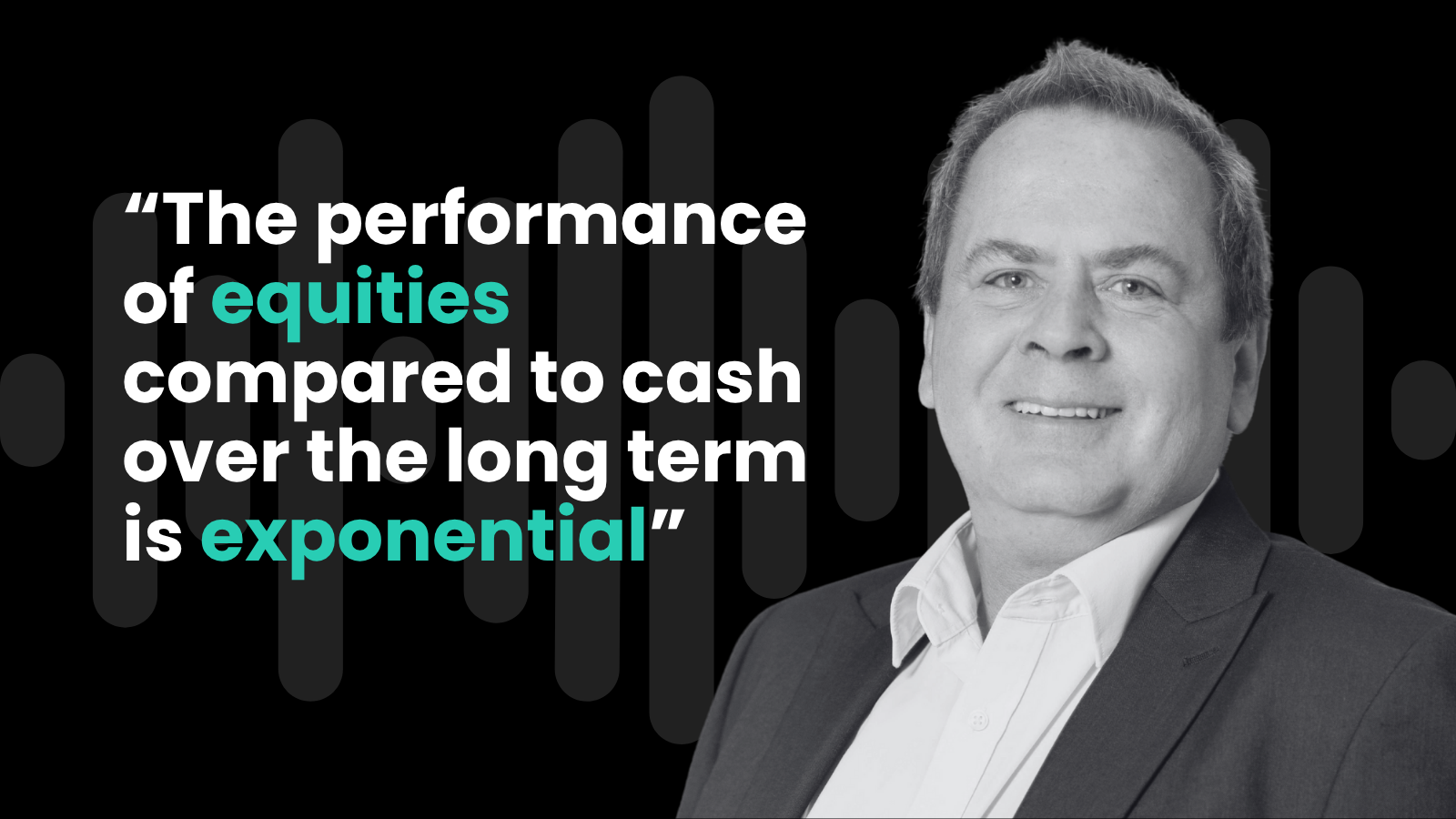The UK is once again gripped by “gold fever.” Prices of the precious metal smashed through fresh all-time highs last week, with silver close behind. In times of geopolitical mayhem and economic wobble, gold gleams brightest. For many Britons, the question is not whether to own it, but how.
For some, the answer lies in Sovereigns and Britannias — coins as British as bulldogs and warm beer. Eamonn Prendergast, a chartered financial adviser at Bromley-based Palantir Financial Planning, notes that these coins come with the handy perk of being exempt from Capital Gains Tax. “But not all coins are equal,” he warns. Some attract keen collectors, others are barely worth more than their melt value. One of his clients, forced to sell in a hurry, found big dealers offering a pittance. In the end he turned to eBay, but it took months to shift the collection. Coins can be lucrative, but they are hardly liquid.
By contrast, exchange-traded funds (ETFs) offer investors speed and simplicity. Prendergast calls them “the simplest option” — cheap, flexible, and easy to tuck inside an ISA or SIPP, neatly shielding gains from the taxman. ETFs are the slick, modern way to ride gold’s rally; but they lack the romance of a jangling pouch of Sovereigns.
What about jewellery?
On the selling side, Jim Tannahill of Suttons and Robertsons says now is the time to rummage through the jewellery box. “With gold hitting a record high, it’s a good time to sell broken jewellery or unwanted coins,” he says. But sellers must be canny. Know your purity (9ct? 18ct?), weigh it yourself, and understand the difference between scrap and resalable. A branded bracelet can be worth more than the gold inside it. And don’t expect the full spot price: dealers take their cut, often around ten per cent. As for those postal “cash-for-gold” services? Best avoided.
- Armchair Academy: Introduction to Precious Metals
- Fund performance: Who were the winners and losers in 2025?
- Could 2026 be a volatile year for gold and silver markets?
- Blue Gold expands DL Hudson Dunes partnership with $15m facility
Then there are the collectors. Tony Redondo, founder of Cosmos Currency Exchange in Newquay, says the 2025 Sovereign is shaping up as a hot ticket. It will be the last to carry the “rose gold” colour before the Royal Mint reverts to traditional yellow next year. “This exclusivity has made the 2025 edition particularly sought after,” he says. For once, scarcity is genuine.
Paul Williams of Solomon Global offers a different take: the great virtue of physical gold is control. Coins and bars are tangible, unhackable and — at least in Britain — free of VAT and Capital Gains Tax. They are also private: no brokerage account, no third-party custodian, no digital trail. And in certain cases, they can be worth far more than their melt value. Rare coins, in pristine condition, often command collector premiums that rise even when gold itself is stagnant.
Physical gold is not for everyone
Still, physical gold is not for everyone. It brings storage headaches, security risks, and the need to find a trustworthy buyer when it’s time to sell. Pete Mugleston of Online Mortgage Advisor says the decision boils down to costs. Physical gold carries upfront “entry and exit” charges, but no ongoing fees. ETFs, meanwhile, are cheaper to buy and sell, but annual charges nibble away at returns over time. For long-term holders, that difference can add up.
And for those with a taste for adventure? Riz Malik, director at R3 Wealth in Southend-on-Sea, offers a cheeky tip: “If I was looking to sell a reasonable amount of physical gold, I would find a cheap flight to Dubai and head to the gold souk. You’ll find plenty of buyers ready to turn your gold into cash. The best part? You’ll also return with a nice tan.”
Gold has always inspired extremes: hoarding, speculation, feverish collecting. Its modern incarnations — ETFs and blockchain tokens — may lack the romance of a coin glinting in the palm, but they make the asset more accessible than ever. Whether you prefer Sovereigns in a safe, shares in an ETF, or a trip to Dubai with a briefcase full of bangles, the principle remains the same. In troubled times, gold remains the oldest, and perhaps the simplest, hedge of all.





















